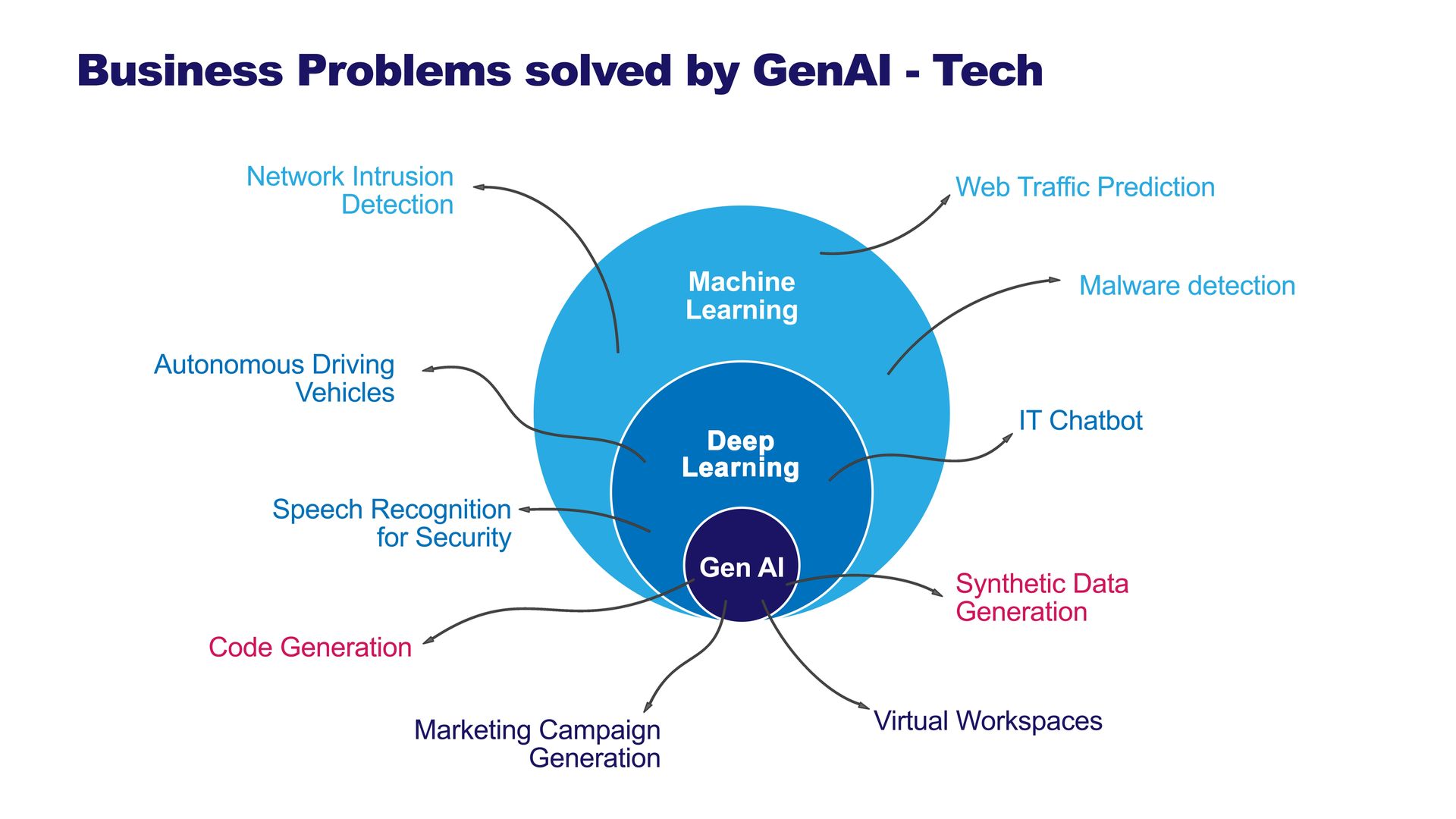Cellular Network Service Levels: ISP Bundled Cell Phone Plans vs. Direct Carrier Plans
March 20, 2024
Have you considered the pros and cons of ISP bundled cell phone plans against those offered directly by carriers?

When choosing a cell phone plan, consumers often face a myriad of options, ranging from traditional carrier-direct plans to bundled services offered by Internet Service Providers (ISPs). Notably, ISPs such as Spectrum and Xfinity have entered the mobile service market by offering cell phone plans bundled with their other services. These companies provide mobile service by leasing access to cell towers from major carriers, such as Verizon. While this approach allows ISPs to expand their service offerings, it introduces considerations regarding network prioritization and service quality that potential customers should be aware of.
Understanding Network Prioritization
Network prioritization is a critical factor that can affect the quality of your mobile service. Major wireless carriers, such as Verizon, prioritize their direct customers' data and service needs over those of third-party providers. This hierarchy means that in situations of heavy network traffic or in areas where the network infrastructure is not sufficiently robust to handle local demand, customers of third-party providers like Xfinity or Spectrum may experience degraded service quality compared to direct carrier customers.
Impact on Service Quality
For users in high-density areas or during peak usage times, this difference in prioritization can translate into slower data speeds, longer times to connect calls, or even difficulty maintaining a stable connection. This is because the network gives precedence to direct customers, ensuring they get the best possible service even when the network is congested. Consequently, customers of third-party providers might find their service quality noticeably lower in these scenarios.
Considerations for Choosing Your Plan
- Location and Network Infrastructure: The impact of network prioritization is more pronounced in areas with high traffic or underdeveloped infrastructure. Researching the network coverage and performance in your area can guide your decision-making process.
- Usage Patterns: If you rely heavily on your mobile device for streaming, video calls, or other data-intensive activities, especially in crowded areas, a direct carrier plan might offer a more consistent experience.
- Cost vs. Quality Trade-off: Bundled ISP plans often come at a lower cost or with added benefits, making them an attractive option for many. It's important to balance these financial incentives with the potential for reduced service quality during peak times.
- Customer Service and Support: Consider the level of customer support provided. Direct carriers may offer more specialized mobile service support compared to ISPs, which could be a deciding factor for some users.
Choosing the right cell phone plan requires weighing the pros and cons of ISP bundled plans against those offered directly by carriers. While ISP plans can offer cost savings and the convenience of a single bill for multiple services, they may also come with the caveat of lower priority on the network. This could lead to reduced service quality in certain situations. By carefully considering your specific needs, location, and usage habits, you can select a plan that best aligns with your expectations for network performance and customer experience.
12 West Street, Suite 3, Keene, NH 03431 (603) 506-6450
© Copyright 2022 | All Rights Reserved | Menadena, LLC | Accessibility | Privacy | Terms | Cookies





